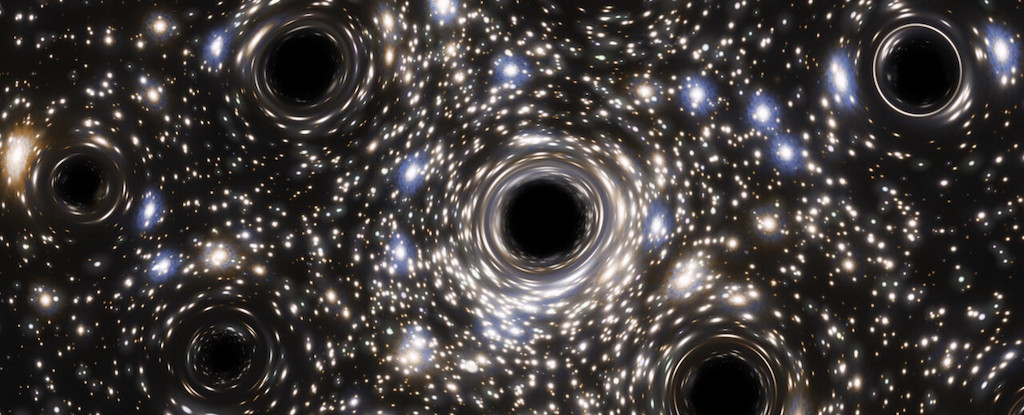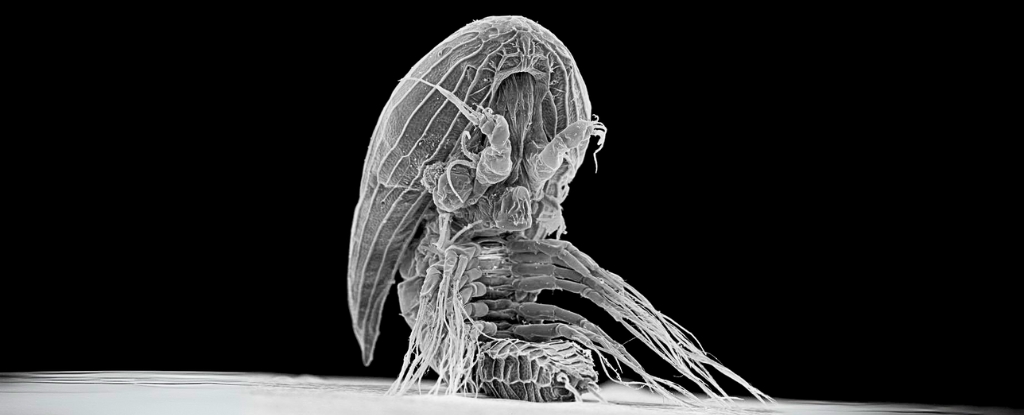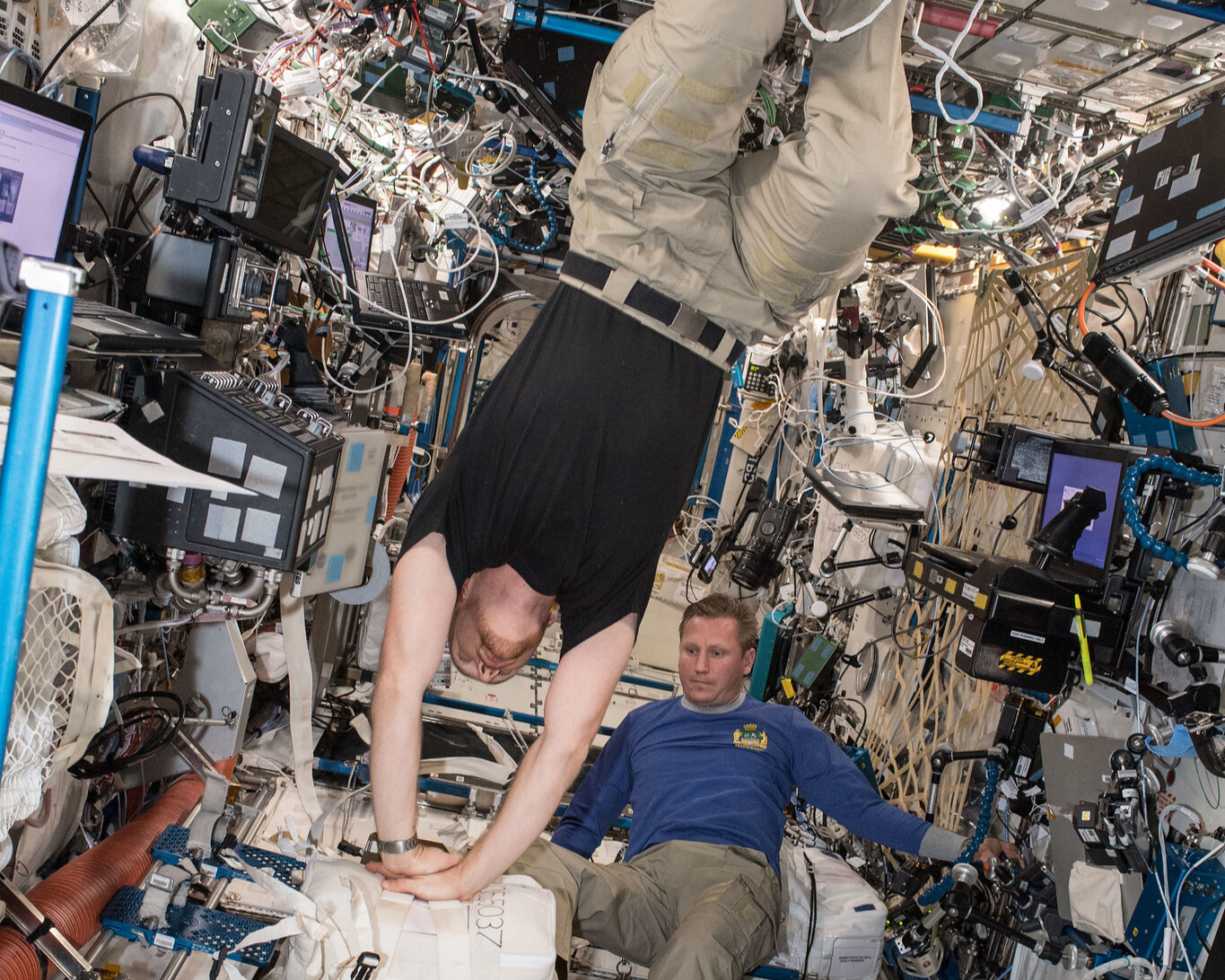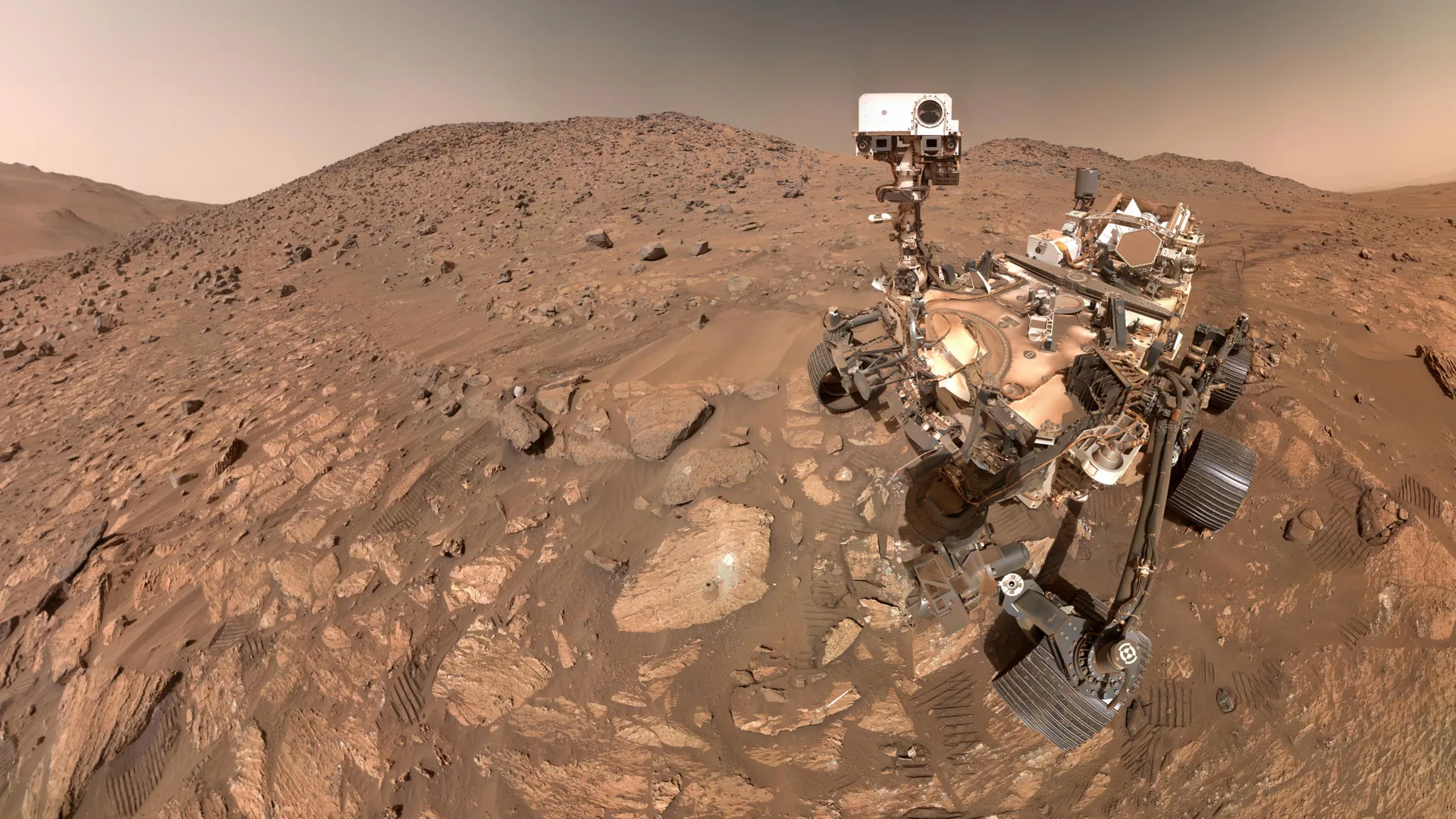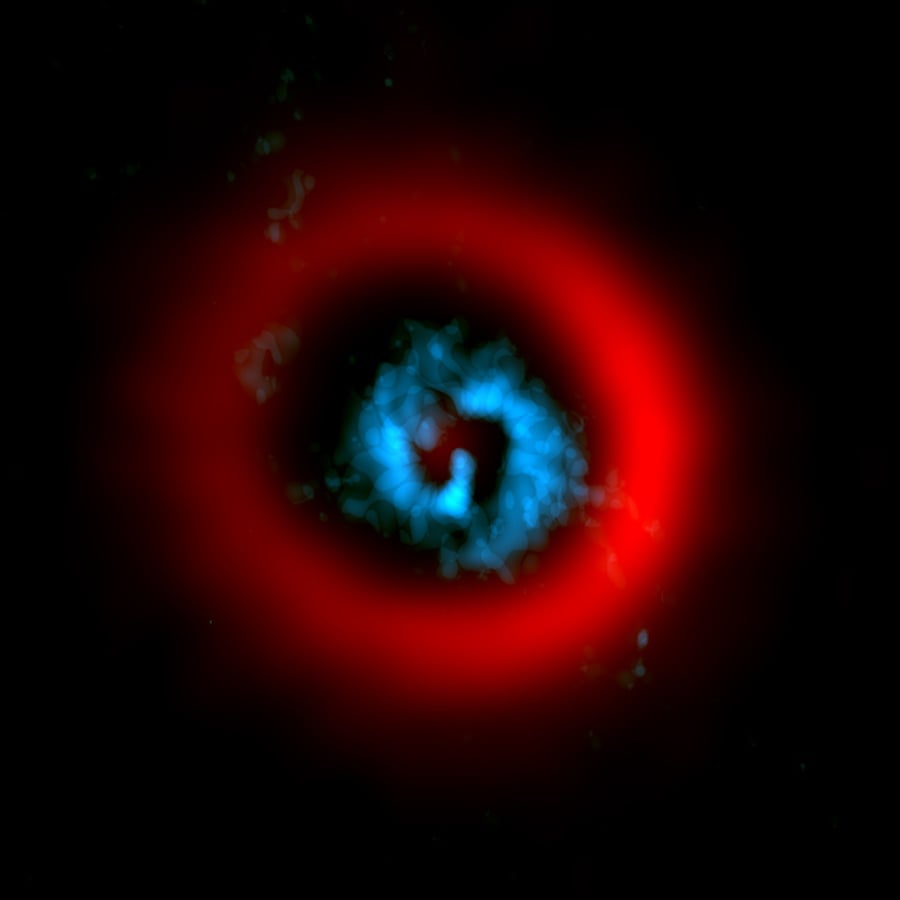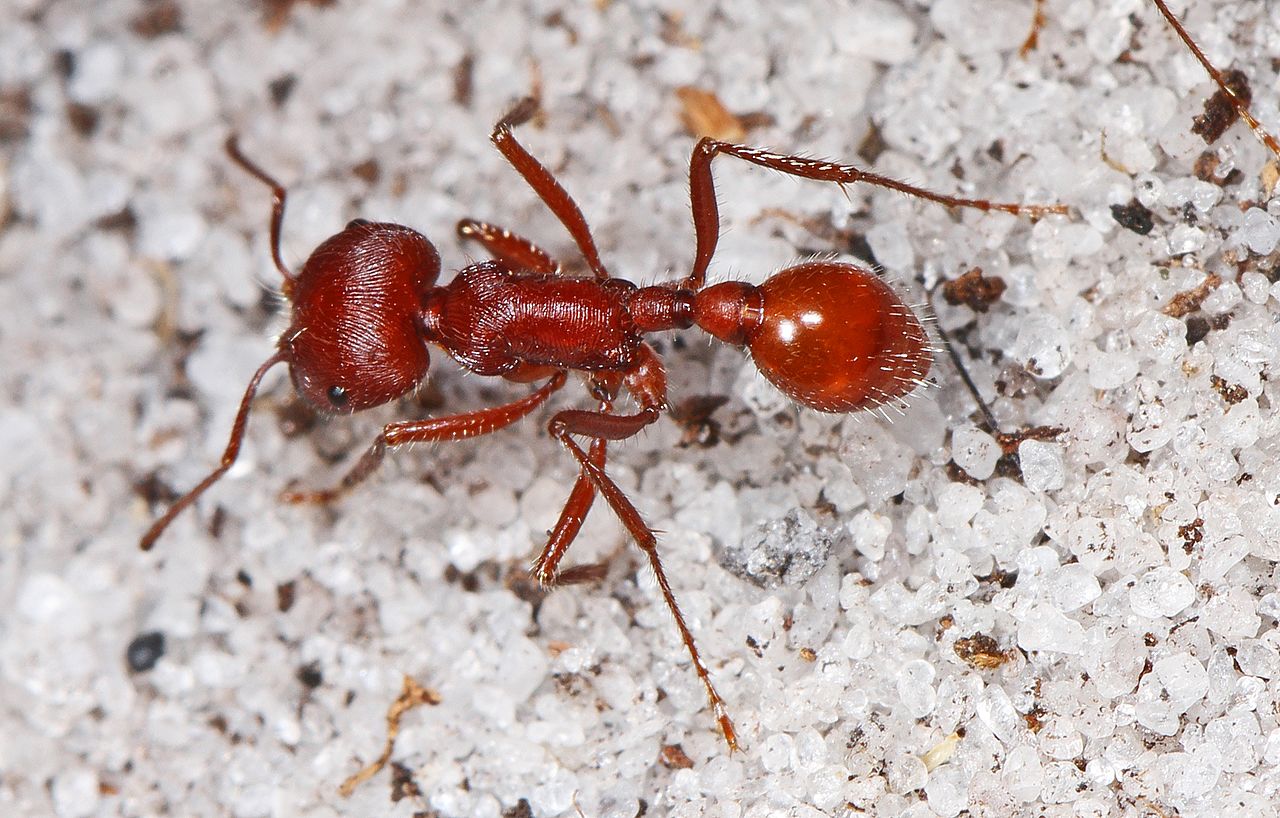AI Generated Newscast About Dodo Resurrection: Scientists Set to Bring Back Extinct Bird!
Ready to meet a real-life Jurassic Park moment? Scientists are on the brink of bringing back the dodo, and it's not science fiction—it's the latest project from Colossal Biosciences, a $10 billion US biotech giant determined to resurrect the world’s most famous extinct bird.
The dodo, once a quirky icon of extinction, might soon waddle across Mauritius again—thanks to some truly wild science. While birds can’t be cloned like mammals, Colossal's scientists have found a workaround worthy of a blockbuster movie. They’ve started by harvesting stem cells from the dodo’s closest living cousin: the brilliantly colorful Nicobar pigeon, native to the lush islands of Southeast Asia.
These lab-grown pigeon primordial germ cells (PGCs) have been thriving—doubling every 35 hours, showing they’re healthy enough for genetic modification. Next up: scientists will edit their DNA to give them all the dodo trademarks—a chubby body, a unique beak, and a face that’s unmistakably dodo. The altered cells will be injected into chicken embryos, hatched, and eventually released into safekeeping reserves in Mauritius, the dodo’s former stomping grounds.
If you’re wondering how they know which genes to tweak, Colossal has already mapped the dodo’s genomic sequence in stunning detail. This high-tech genetic roadmap allows them to pinpoint what makes a dodo a dodo—down to the fluffiest feather.
This isn’t Colossal’s first rodeo. The company’s CEO, Ben Lamm, boasts of creating dire wolf lookalikes and ultra-woolly mice, and he’s shooting to birth a woolly mammoth by 2028. Their de-extinction ambitions go well beyond dodos: the company has raised over $555 million, with investors equally obsessed with the revival of the Tasmanian tiger, the moa, and even the pink pigeon—an endangered Mauritian relative.
When will the first dodo chick hatch? Colossal’s chief science officer, Beth Shapiro, recently told Yahoo News they just cleared a major scientific hurdle by culturing the required pigeon germ cells. Now, with this roadblock behind them, they’re moving full-speed into gene-editing and believe a timeline for a dodo’s return is finally within reach.
The technology being developed isn’t just about bringing back dodos for our Instagram feeds. The real promise? A genetic toolkit that could save critically endangered birds—like the pink pigeon, which has suffered severe population crashes on Mauritius. The breakthroughs could revolutionize poultry farming, too, letting scientists map genes for desirable traits and rapidly edit bird genomes.
The AI generated newscast about dodo resurrection is more than a headline—it's a glimpse into a future where extinction might not be forever. With each lab success, the line between science fiction and reality gets blurrier, and the dodo’s legendary story could soon have an epic comeback chapter.




